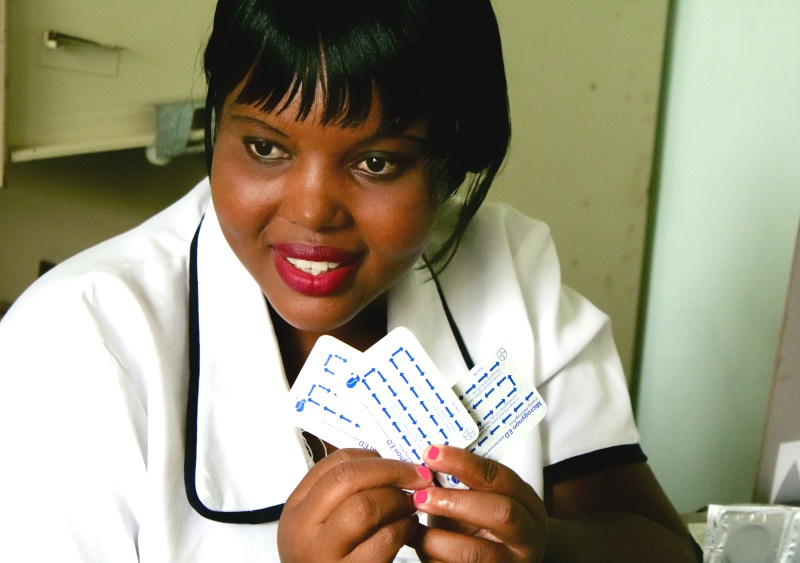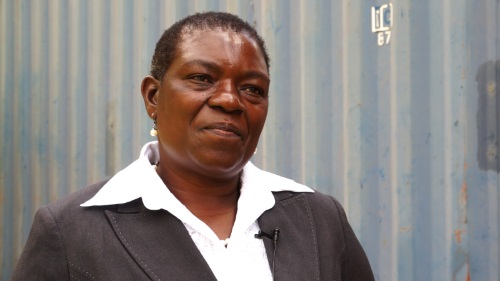"I escaped to the Catholic mission on 11th September. That saved my life. Armed men were killing and looting on their way. I am happy to be alive but I have to confess that living conditions here are really harsh with deplorable sanitary conditions. There are no kitchen utensils. IDPs here wish for peace so everybody can return home as soon as possible. Thanks to donors for the dignity kit because I lost all I had.”

"Our house and shop were burnt downduring the 6th September attack. My kids and I ran into the bush. We walked day and night before reaching Bossangoa. We are living in the imam’s house. There are chafing on my 4year old's feet and my 3month old baby has been having fever for 3 days. I am tired and fed up. Fortunately, donors have thought of people like me and this dignity kit is a relief. Now I can perform abolition before praying.”
The Central African Republic is facing since March 2013, its worst humanitarian crisis after the former coalition of rebels, Seleka, overthrew then President Francois Bozize. Despite the establishment of the transition government, the country is sliding into chaos with clashes between Seleka-army and local defence groups named "anti-Balaka" (in Sango language “anti-machetes”). The various groups operating in the country have been committing serious human rights violations (murder, rape, hijacking, lootings, arson attacks etc).
The escalation of violence is turning into a sectarian one following the confidence crisis between civilians and former rebels, especially in Bossangoa and its region, as majority Christian population associate Seleka with Muslims or Islam, the faith of the new leader Michel Djotodia.
This situation led to almost 0.5 million fleeing their homes and scattered all over the country especially in Bossangoa region (north-west). These Internal Displaced Persons (IDPs), who include about 20,000 pregnant women and 165,000 adolescents/youth, have been trying to survive in dire need of assistance including sexual and reproductive health services.
In Bossangoa, UNFPA, in partnership with a wide network of trained community workers, distributed thousands of clean delivery kits, male and female condoms, medicines, SR kits, dignity kits, basic kits, Malaria kits, anthropometric equipment, plumpynuts, blood transfusions and other life-saving supplies for women and new-borns at both Christian and Muslim IDP sites.
Since the onset of the tragedy, UNFPA is supporting MISP Minimum Initial Service Package in SRH services. So far, 69 health centres have been provided with RH kits for rape clinical management, emergency obstetric care and safe delivery services, Sexually Transmitted Infections treatment including HIV prevention as well as the distribution of safe delivery kits to visibly pregnant IDPs. 20 International and national NGOs have been contracted to deliver UNFPA criticality activities programme until December 2013.
CFA1 million (XAF ) = US$ 2072 or €1 524




